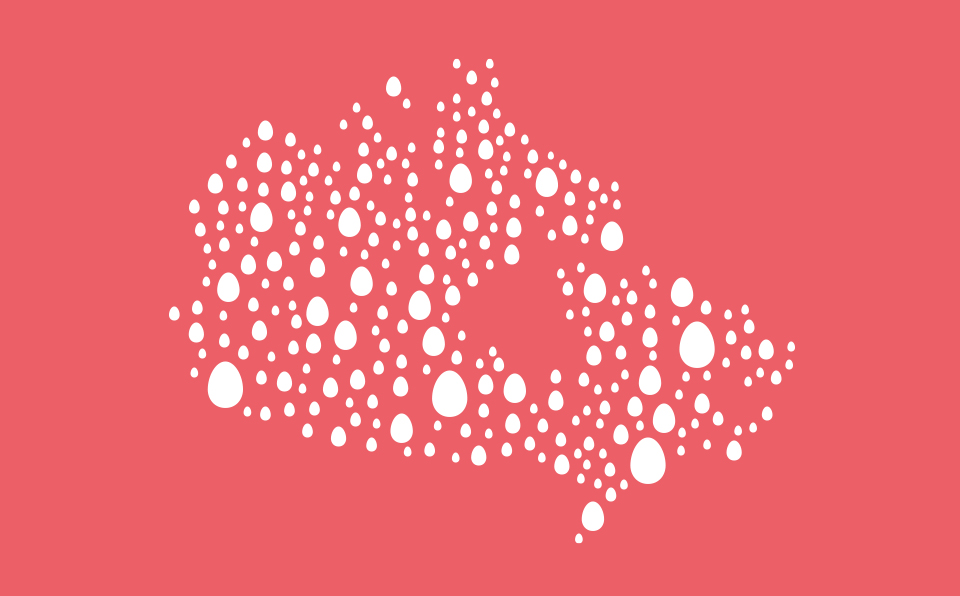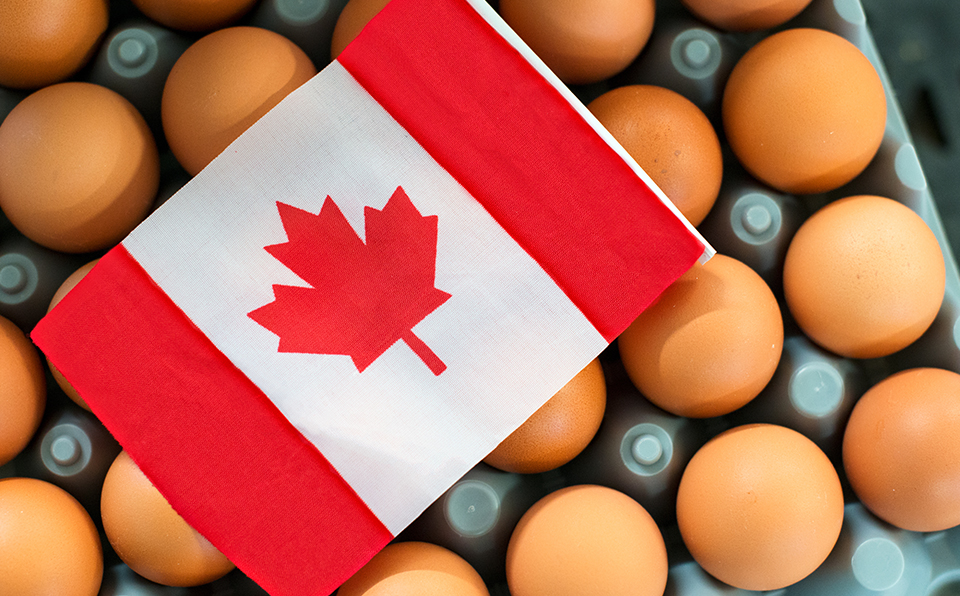
Learn about the history of supply management with expert Dr. Jodey Nurse
By Egg Farmers of CanadaDr. Jodey Nurse is a public policy researcher, historian and faculty lecturer at the McGill Institute for the Study of Canada, whose current research focuses primarily on the history of Canada’s supply-managed dairy, egg and poultry industries.
We recently sat down with Dr. Nurse to get some insight into her research and hear her perspective on the key benefits of the system of supply management—which has benefitted Canadians and farmers alike since its inception in 1972. Here is what she had to say.

What inspired you to focus your current work on supply management?
“I grew up on a dairy farm, which, like eggs and poultry, operates under a supply-managed system. I didn’t realize the significance of the Canadian system of supply management until I was in graduate school. Supply management, in both my lived experience and academic study, seemed to benefit food producers, food consumers and other stakeholders in those industries—so I wanted to better understand the history of the system and why it continues to be valuable today.”

Why was supply management introduced and why is it a vital tool for farmers?
“Before supply management, farmers in the dairy, egg and poultry industries were at the mercy of fluctuations in the market. There was great market instability, ultimately leading to devastatingly low farm prices for farmers. This made all stakeholders recognize the need for cooperation and led to the creation of supply management. This system could coordinate production and demand while controlling imports to achieve stable prices for both farmers and consumers.”
What are some lessons from the past that supply management helped solve?
“Supply management has solved many issues, including allowing farmers to receive fair prices for their products, which they weren’t getting before, and eliminating overproduction by matching supply and demand.”

Why is supply management just as relevant today as when it started?
“I think people recognize the value and importance of local food production. It’s been an effective system for over 50 years, providing stability in rural Canadian communities. Supply management has also successfully mediated some of the power asymmetries in supply chains. The system has also enhanced Canada’s food sovereignty and security by providing safe, stable, and healthy local food products at fair prices.”

What do you think Canadians need to know about supply management?
“Simply put, this system is working for Canada. I would encourage everyone to think about the kind of food systems we want to support. The story of supply management demonstrates that we must question whether those who advocate for greater consolidation, more international competition and less regulation suggest what’s best for Canadians—particularly in the case of our food.”
Experts like Dr. Nurse confirm what Canadians know: Supply management supports a strong Canadian agricultural sector and bolsters Canada’s food security.
Curious to learn more? Read this recent study by Abacus Data to learn why Canadians overwhelmingly support this innovative system.